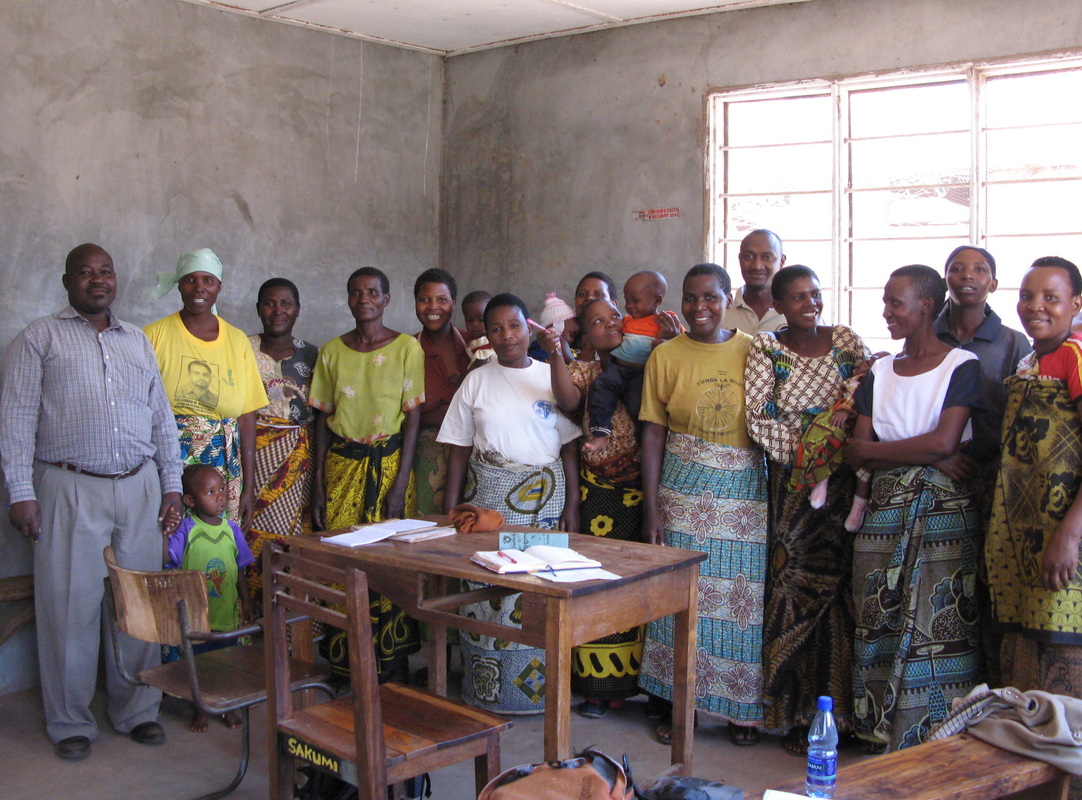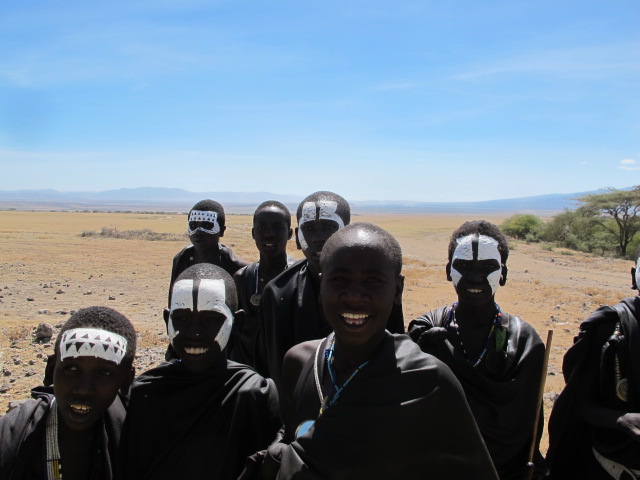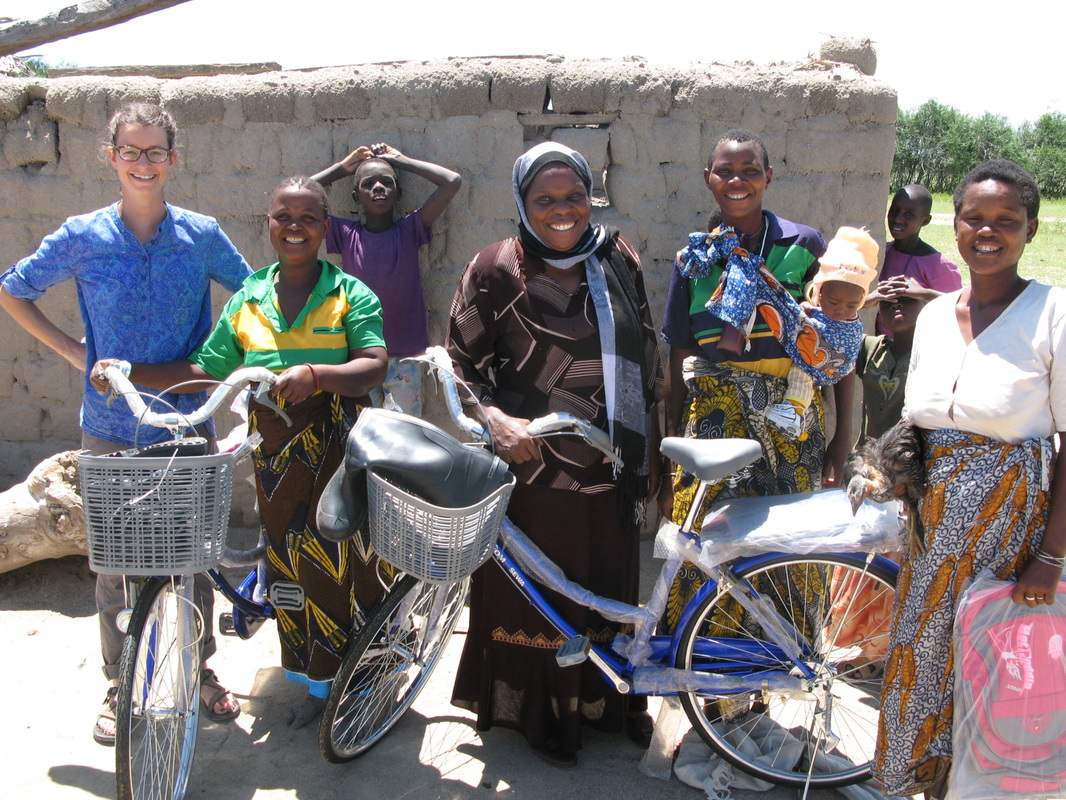Because I am PhD student conducting my own RCT, I have the pleasure as serving as my own principle investigator and as my own research assistant. The joys of reviewing piles of surveys, getting intimate with Stata and traveling in the back of vans on terrible East African roads rocking out to some American pop.... yes.
Although the prime publications, important policy implications and fancy awards get all the press, the real brilliance on an RCT happens in the field. Cheers, RAs.



 RSS Feed
RSS Feed